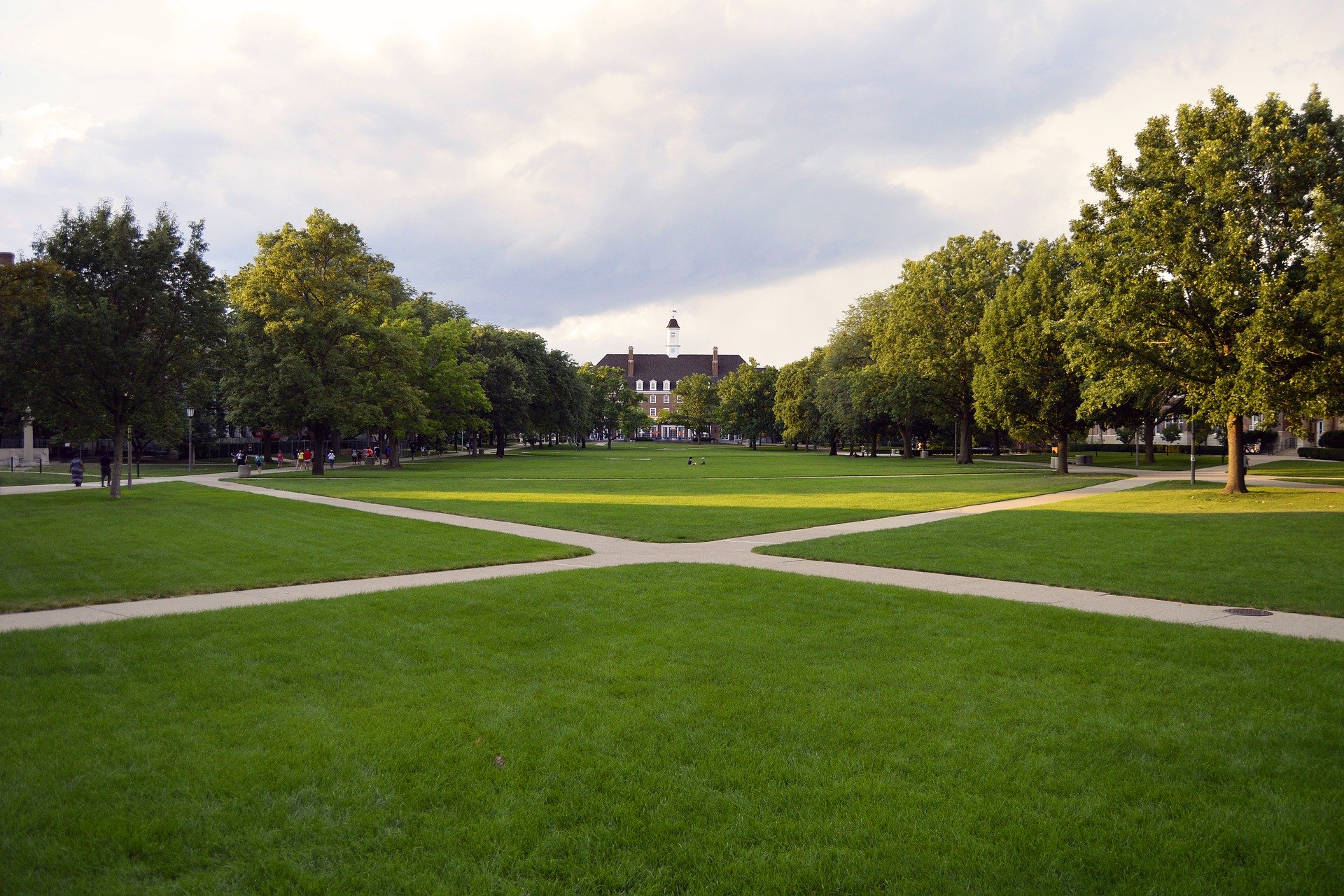End Political Bias in College

This article first appeared on GlennBeck.com
College and university should be home to a lively and open debate about questions both current and timeless, independent from a political bias or rules that stifle speech. Unfortunately for students, speaking out about personal beliefs or challenging political dogma can be a dangerous undertaking. I experienced this firsthand as an undergraduate, and I’m fighting that trend now as an adjunct professor.
In 2013, Glenn Beck was one of the most listened to radio personalities in the world. For a college senior with hopes of working on policy and media, a job working for Glenn was a ticket to big things. I needed a foot in the door and hoped to tap into the alumni network at the small liberal arts school where I was an undergrad. When I met with a career services specialist in early March 2013 about possible alumni connections to Glenn Beck, she disdainfully told me: “Why would you want to work for someone like him?” That was the beginning and end of our conversation.
I was floored by her response, and sent an email to the school complaining that her behavior was inappropriate. Her personal opinions, political or otherwise, I argued, shouldn’t play a role in the decision to help students.
That isn’t the kind of response a student should hear when seeking guidance and help in kick starting their career. Regardless of the position, a career specialist or professors’ opinion or belief shouldn’t be a factor in whether the student deserves access to the alumni network and schools’ resources.
Now, seven years later, I work full time for a law firm and part time as an adjunct teaching business to undergraduate students. The culture at colleges and universities seems to have gotten even worse, unfortunately, since I was an undergrad.
College is a time to explore, dream big and challenge assumptions.
I never want to see a student told they shouldn’t pursue their goals, regardless of their personal or political beliefs. College is a time to explore, dream big and challenge assumptions. I never got access to the alumni network or schools’ resources from the career services office.
Lucky for students in 2020, there are several legal organizations that help students protect their rights when an issue goes beyond what can be handled by an undergraduate facing tremendous pressure from a powerful academic institution. Organizations like Speech First and the Foundation for Individual Rights in Education (FIRE), for instance, are resources I wish I knew about at the time.
When I experienced mistreatment from my college, I spoke up and challenged the behavior by emailing the administration and explaining what happened. I received a letter from the career services specialist apologizing for the “unprofessional comment.”
What she described in that apology as a “momentary lapse of good judgement” was anything but momentary. It was indicative of the larger battle for ideas that has been happening on college campuses across the country. In the past seven years, the pressure, mistreatment and oppression of free expression have only increased. Even right now, some are raising concerns that campus administrations are using the COVID-19 pandemic to limit free speech even further. Social distancing guidelines and crowd size may both be used to limit or refuse controversial speakers.
Students often feel pressure to conform to a college or university’s wishes. If they don’t, they could be expelled, fail a class or experience other retribution.
The college holds all the cards.
On most campuses, the burden of proof for guilt in student conduct hearings is “more likely than not,” making it very difficult for students to stand up for their rights without legal help.
As an adjunct professor, every student who comes to me for help in finding purpose gets my full support and my active help — even if the students’ goals run counter to mine. But I have learned something crucial in my time in this role: It’s not the job of an educator to dictate a student’s purpose in life. I’m meant to help them achieve their dreams, no matter what.
Subscribe below or donate @ConnerDrigotas on Venmo to support my work.


